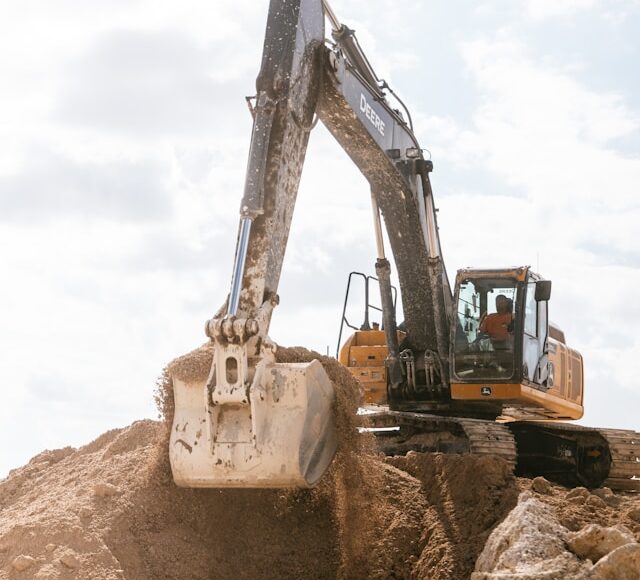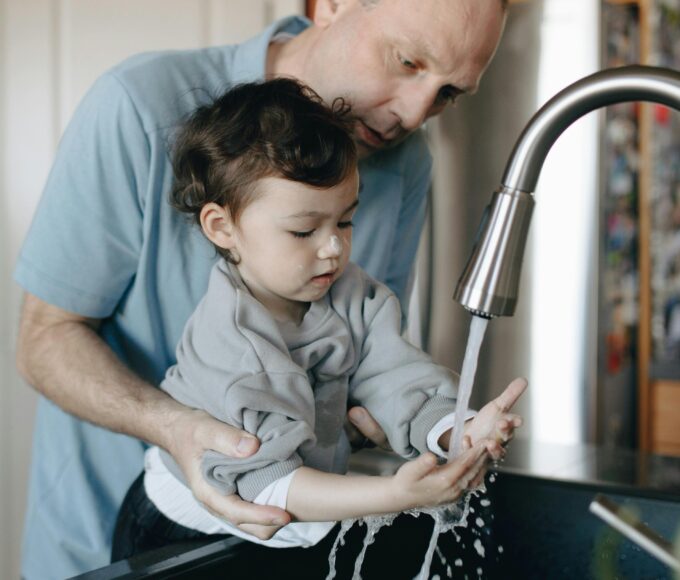Purchasing a first time home can be an exciting experience, yet it can be a daunting one. The second most significant thing in this journey is to realize the significance of a high first home deposit. A down payment does not only impact your mortgage opportunities but it can much impact your future financial status. Lots of one-time consumers do not understand the importance of a good deposit. Today we are going to discuss what home deposit actually is, why it is necessary to have a healthy amount of money saved, and some realistic information on how to get one. It is a guide that will take you by the hand whether you are just beginning or have already saved hard, to make sure that you are on the right route to getting that dream house.
Learning about home deposit
Home deposit is money that you pay as an initial when buying a home. It is usually as a percentage of the overall price of the house. This is a down payment which will demonstrate to the lenders that you are serious about this purchase.
Most buyers in the majority of the cases seek a deposit of 5 to 20 percent. The bigger your deposit is the better terms, and reduced interest rates you are likely to get on your mortgage.
Other than acting as evidence of financial responsibility, a solid deposit assists in the minimization of monthly payments. It reduces the total loan value and may erase any requirement of mortgage insurance (PMI) with the lender.
Every first-time buyer must know the functioning of deposits. It is not only in terms of having the cash at hand but also positioning oneself strategically in the competitive housing market.
Advantages of the high first home deposit
A good first home deposit can bring a great effect in the process of buying a home. It also makes you loan less and that translates to reduced monthly payment.
A larger deposit will also help you to get friendly mortgage rates. Lenders consider you less risky and this could save you thousands during the term of your borrowing.
A healthy deposit also creates possibilities to lenders. You could be eligible to various forms of loans that have more favorable terms and characteristics.
Moreover, it provides the competitive markets with an advantage to the buyers. Sellers are many times inclined to accept the offers that are supported with the help of the bigger deposits as they mean the serious intentions and the financial stability.
The time spent in developing your deposit not only increases your purchasing power but also gives you tranquility in making a purchase.
The saving guide on how to make a good first home deposit
Discipline and planning are required to save towards a good first home deposit. Begin with the establishment of a clear target. By knowing how much you require, you can be driven to the point.
Then prepare a budget where you are able to keep track of your income and expenses. Determine where you can make reductions. The little sacrifices today will result in huge saving in the future.
Think about the automation of your savings. Make a separate account to your home deposit fund. This will make it more difficult to fall into it spending on daily operations.
Learn to explore other sources of income too- freelancing or part time job will help you save more than you thought.
Be ambitious by picturing your next home. Whenever you save, visualize entering the front door of your own home this visual image makes the goal desirable and achievable.
You should also review and revise your strategy on a regular basis so that you know you are on the right track towards having that much-needed of the first home buying deposit amount.
Alternatives to conventional savings.
Traditional savings accounts are not the only ones that can be used when saving to have a first home deposit. It can be considered high-yield savings accounts that have superior interests compared to the standard accounts. This may assist in increasing your money.
The other avenue is to visit peer-to-peer lending sites. These enable you to directly lend money to individuals or small business ventures at high returns than the normal savings opportunities.
In case you are willing to invest, you should think of low-risk stocks or ETFs that specialize in real estate. These are riskier but have the potential of making great gains in the long run.
Enquire about government programmes on first-time purchasers. Programs in many countries do give grants or matching funds which will help to contribute greatly to your deposit without the need of saving every single penny yourself. Both options need research and knowledge and may result in a more robust presence in terms of finances upon purchasing your first home.
The effect of high first home deposit on the mortgage options
First home deposit is a great factor that can lead to mortgage. Increased deposit is a sign of financial responsibility and stability to the lenders. This image gives access to better dealings, such as low interest rates.
You may also get various forms of loans that will specifically serve buyers with good deposits with a down payment that is substantial. These choices may be accompanied by the benefits like lower insurance rates or less payment.
Also, a down payment of 20 percent or above will allow you to forego Private Mortgage Insurance (PMI). This additional cost may cost you hundreds more each month and is something that you need to take into account when planning to buy a house.
Strong first home deposit will allow you to be more flexible in picking mortgage products that are more options based on your financial objectives and long term plans.
Negotiating a better lending deal
Negotiation with the lenders can be of great use when it comes to securing a mortgage. Having a good first home deposit usually places you in a more advantageous position as far as such talks are concerned. The following are some of the tips to assist you in negotiating.
Start by doing your homework. Examine various lenders and their products. Compare terms and conditions and interest rates. With such information on hand, you have leverage in any negotiation.
There is nothing to be afraid of asking to have lower fees or better rates in accordance with what you have found elsewhere. Lenders like knowledgeable customers who have a clue about the market.
Be transparent on the financial side and portray yourself as a security borrower. Showing commitment by pointing out your good deposit can make lenders feel that there is less risk as it comes with that deposit.
Look at being pre-approved and then go out shopping homes; this demonstrates to the sellers that you are serious and also an added bargaining strength with the lenders.
Keep the lines of communication open. By being direct, it will build trust among the possible lenders and this might result in them offering better terms than they were initially giving.
The amount of deposit that is considered a good first home buy does not only place you in a good financial position but also gives you space to negotiate and save thousands in the long run.
















